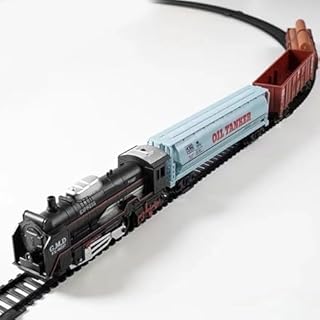Global shipping faced challenges in 2021, prompting China’s Linglong Tire to revamp its logistics operations. The company turned to the China-Europe freight train network, a reliable connection between China’s manufacturing hubs and markets in Europe and Central Asia. Linglong’s collaboration with the rail service started as a temporary fix but evolved into a strategic partnership, offering speed, cost-efficiency, and tailored services for transporting raw materials and equipment to overseas plants.
As a significant player in the tire industry, Linglong’s reliance on sea transport was disrupted by instability and high costs. The China-Europe rail service provided a faster and more predictable alternative, enhancing supply chain stability and global competitiveness. Linglong’s investments in overseas plants, particularly in Thailand and Serbia, underscored the importance of diversified transportation modes for sustaining global operations.
The China-Europe Railway Express, launched in 2011, has witnessed exponential growth over the years, handling a substantial volume of goods and fostering trade between China and Europe. The network’s expansion has facilitated efficient trade flows across Eurasia, with multiple routes connecting various regions. Notably, the southern corridor’s successful trials have opened new gateways to Europe, strengthening international connectivity and trade relations.
Customs procedures have been streamlined, reducing clearance times and improving operational efficiency. Regional consolidation hubs in China play a crucial role in organizing and dispatching freight trains, ensuring smoother distribution and optimizing logistics processes. The network’s evolution has addressed initial challenges of trade imbalances and empty container returns, fostering a more balanced and efficient flow of goods between China and Europe.
The rail service’s impact extends beyond traditional industries, with specialized services catering to diverse sectors such as cross-border e-commerce, cold-chain food, and automotive exports. The network’s growth has not only bolstered industry and trade but also created job opportunities and modernized infrastructure in cities along the route. European partners have lauded the service for its stability and speed, facilitating the transportation of high-quality products between regions.
The introduction of set-scheduled trains has further enhanced the network’s efficiency, reducing transit times and offering customers a reliable transport option. The China-Europe Railway Express has diversified its cargo offerings, accommodating a wide range of products and supporting the export of high-value goods like electronics and auto parts. Specialized services for new industries, such as new energy vehicles and solar panels, highlight the network’s adaptability and role in promoting sustainable trade practices.
Overall, the China-Europe rail service has emerged as a vital component of global shipping, bridging continents and facilitating trade between China and Europe. Its continuous growth and innovation have not only transformed logistics operations for businesses like Linglong Tire but also contributed to economic development, job creation, and enhanced connectivity along the transcontinental route.
📰 Related Articles
- Victorian Government’s Digital Jobs Program Boosts Industry Competitiveness
- US Federal Funding Boosts Clean Energy Innovation for Global Leadership
- Thailand Ensures Covid-Free MotoGP Event, Boosts Global Confidence
- Taiwan’s Global Talent Initiative Boosts Economic Growth and Diplomatic Ties
- Sugar Prices Drop as Brazil Boosts Production, Global Surplus Looms






